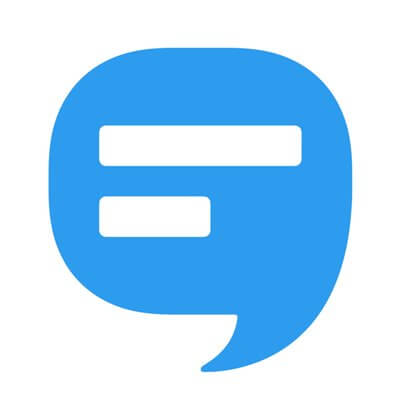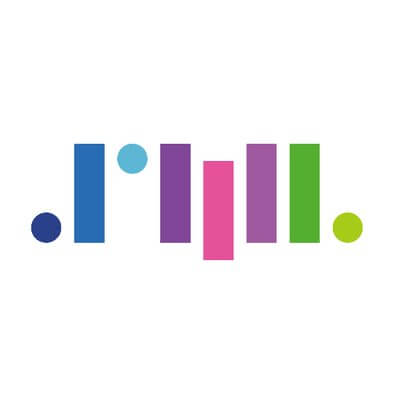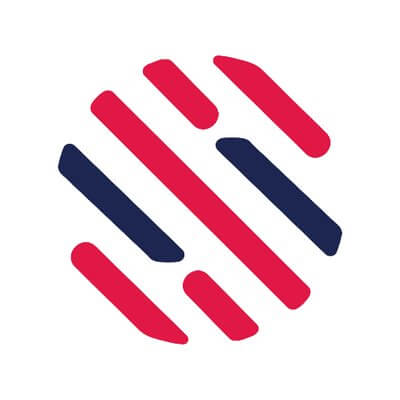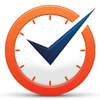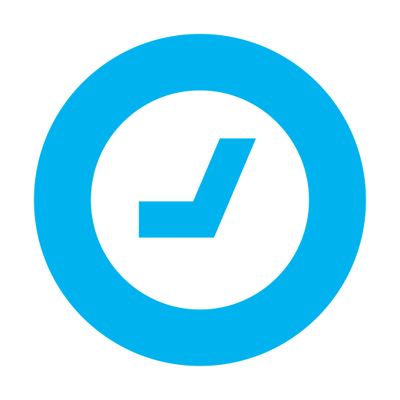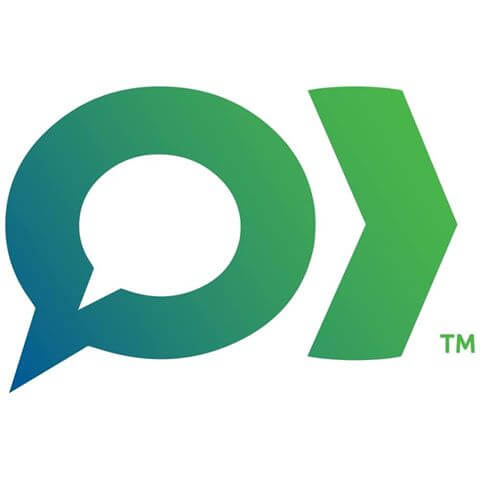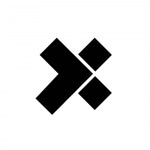What traits do you look for in candidates for a remote job?
We look for someone who is self-motivated, has a superior work ethic, is technically savvy, and has the ability to work without distractions in their own home. We tend to steer away from candidates who mention they work best in a team environment or need constant feedback. While we are a team, the environment is not a traditional team environment like it is in an office. The feedback is regular, but certainly not constant since they work independently with little to no direct supervision.
- If they’ve worked remotely before
- If they’ve done independent consulting
- Demonstrated responsibility
- Great team member
We look for people that are self-starters/have a high degree of independence, value continuous learning, and are receptive to feedback. If during the trial process a candidate needs a lot of “hand holding” and waits for specific instructions before moving forward on work, they probably won’t be a good fit.
- Is this person a team player? Is he/she excited about joining a team and accomplishing goals together rather than looking to be an individual super star? A humble but driven personality is a great indicator of a team player.
- Strong work ethic: We work hard and play hard around here. We love people who like to have fun but also place big value the “get it done” attitude. Our organization works at a very fast pace and we demand excellence. When talking with candidates, I listen for examples of grit—when life or a job was tough and how they persevered. I’m looking for someone who is willing to roll up her sleeves and get her hands dirty to accomplish a task/goal.
- Passion: If I can determine that someone has passion…for something, anything…then they usually have the ability to get on board and live out the company’s mission. Their work will have purpose, and that is very important to us. This is one of the main reasons I love meeting with people via video. I love to ask what he/she is passionate about and then sit back and watch and listen. I can feel their excitement. This is what I want for our customers. I want someone who is passionate about what we do and as a result our customers can see it and feel it too.
- Professionalism: When interviewing a candidate, I would expect him/her to be punctual and dressed appropriately. I listen for good communication skills and how well he/she is able to articulate their skills and experiences. I appreciate when research was done prior to our meeting and the candidate comes prepared with thoughtful questions for me regarding the company, team, position, and future growth. This level of preparedness shows me that the candidate is serious about this opportunity and his future career.
- Tech Savvy: Ability to be comfortable in a remote work setting is important as it’s not for everyone. Candidate needs to have solid knowledge of the programs, software, and technology we use to run our business effectively, and be resourceful enough to figure things out.
We look for individuals who have made a conscious decision to work remotely. These days with the rise of flexible working, many people apply for our positions without having necessarily thought it through, and it just seems like a novel idea, and one that should be “trialed”. We look for applicants who desire this lifestyle, who value the flexibility that it provides, and who will work hard to retain that privilege.
Their experience, credentials and achievements are the most important factor, whether they’ve worked remotely before or not. Self-discipline and desire to do the job are perhaps the most important factors in terms of working remotely, and you can soon get an idea about someone’s aptitude for location-independent work (or not).
People who are very focused and don’t need to be in a “group” environment to be motivated and work hard are ideal for remote work. People who get distracted easily find it more challenging.
People who have worked independently before is a positive. Confidence in their skills is a big positive as well. Shyness and lack of confidence are negative traits as remote work requires more consistent results.
We don’t look for any particular traits. We’re upfront with candidates to make sure they understand our culture so they can make their own decision. If an employee is willing to give it a try, even if they have not worked remote before, we are happy to work with them to ensure it is a good fit.
Many interviewees attend an interview without learning anything about our company or team members upfront. We have realized that there may be a huge gap between us and those people who apply randomly at different places and are not motivated to work with us exclusively.
Therefore, we admire people who explore our website, follow us on social media, and can quote some of our services or products during an interview. Our best team members apply based on certain things we offer and having followed our CEO or some of our team members for a while, being excited to join our team.
Additionally, we ask them to send us feedback, criticism, and “attack” us with various questions, including suggestions for our site, service offerings, documents, or products. Remote work requires proactiveness, creative thinking and excellent communication skills.
Since we’re very community-driven, we also lean toward candidates who have been involved with a community for a while, or have ran a business/freelance consultancy for a couple years. While this may sound odd to some, often it means that interviewees were able to provide complete services to customers, manage their time, priorities and responsibilities, and possess the required minimum for joining a distributed team that lets them deal with what they do best without spending all of their time on sales, negotiations, lead generation or legal/financial challenges.
When we hire, we look specifically for people who share the same fundamental values as us. That’s not to say we look for people who are exactly the same – our diverse perspectives 100% lead to better decisions, a better product, and a better team culture – but everyone needs to be on the same page in terms of expectations regarding how we communicate and work.
Also, in a remote setting it’s vital to hire proactive, curious people who won’t wait to be told how to do things. That’s why one of the most important things we look for in interviews are “Jacks & Jills of all trades” – people who take ownership over learning new skills.
Written communication is a big deal in a remote company – after all, this is how we communicate with each other for the majority of the work we do. We also look specifically for people who are highly self-motivated, with a natural inclination toward working closely with a team. Remote work is ideal for people who prefer isolation over collaboration, but our company’s structure is very team-oriented, so we look for people who are interested in that sense of connection.
Candidates for remote positions in our company must have excellent communications skills and a comfort level with learning new and using technology. We look for and evaluate these traits throughout the interview process. We also look for candidates that are very motivated and self-directed. We are pretty good at assessing motivation, but we often have to probe during the interview and when checking references to get a sense of one’s history of working successfully with limited direction, etc.
We’ve developed a hiring process that allows us to assess communication skills, attention to detail, and critical thinking. We want people who are comfortable working independently and can be decisive, yet enjoy collaborating with a team, too. We’ve developed a practical exercise for most of our positions that give the candidate a good look at what kinds of things the job really entails and gives us a sense of their ability to do the work. For example, if I were hiring someone to be a company description writer, I might send them a company and ask for a writing sample. Beyond that, we look for a good cultural fit and a passion for what we are doing.
Some of the questions in the culture interview are pretty goofy, so one big red flag we have seen before is just a general bad attitude. When candidates act too cool to answer the questions or like the culture portion isn’t worth their time, it’s generally a sign they won’t really mesh with our team. We know that scissors probably aren’t that essential to pizza delivery, but when we ask candidates how they would use scissors if they worked for a pizza shop, we hope they approach their answer with a sense of humor.
My personal opinion is that the things you should look for when hiring for a remote position are essentially the same things you should be filtering for with any position, remote or not. That said, there are definitely a few things that stand out to me as being key for anyone to be effective as a remote employee:
- Written communication. The importance of this cannot be overstated. When you’re remote, a majority of the way you interface with the world will be through written word, so it’s critical that you can articulate complex concepts and subtleties. Giant walls of text aren’t fun either, so it’s important to keep things concise.
- Discipline. Some people work best with lots of structure and external pressure, but working well autonomously is a big part of our culture at GitHub. We need people to be self-motivated enough to stay productive without someone looking over their shoulder and checking up on them all the time.
- Decisiveness. Timezones are tricky, and it’s often necessary for remote employees to make decisions with imperfect information, even if the right person isn’t around in the moment to make the decision themselves. Most decisions are temporary, especially in a growing company with a rapidly evolving product, so what’s important is that a reasonably sound decision gets made so that work can move forward.
- Interests outside work. If someone is going to be working from home, then it’s really important that they have hobbies, friendships, and things to do outside of work. Without something else to help them switch off and decompress, it’s much easier to end up burning out.
One thing we’ve found is that the more entrepreneurial-spirited candidates tended to have a harder time focusing on the tasks at hand when working remotely. I think the nature of remote work gives a sense of freedom, as it should. However, that freedom to someone who wants to run their own business can translate into them spending more time doing their own thing rather than their actual job. So we shy away from people who are ultimately looking to eventually start their own business.
We look for people who have shown initiative and ability to work independently and place a high value on those who have previously worked remotely. Success in a remote position is one of our priorities, as we understand that as attractive as it is to work from home, it is not for everyone. We also look for those who have an extreme focus on customer care and attention and are organized and disciplined. The discipline trait is obviously critical since there is no day-to-day monitoring of their activities. We have to trust that they are doing their job and that distractions are minimized during working hours—and that takes discipline.
Good communication, especially writing, is key! Most of our communication happens over chat so we look critically at their ability to explain complicated things clearly in writing. Also, if they have not worked remotely before, I pay careful attention to the questions they have about remote work. If they don’t have a lot of questions, it’s a red flag.
We focus on individuals who excel and thrive in self-directed, entrepreneurial environments. We are also very focused on cultural fit, we seek to hire people who will work well within the ICUC team culture this would include personality, confidence, openness, and communication style.
We rely heavily on written communication. So candidates that may have a great background or experience, but that are not precise in their communication, seem to not understand our written instructions for the short test projects, or are slow to reply, won’t make the cut.
The most important trait is eagerness – which is often shown by demonstrating an understanding in what we do. The majority of people we hire have actually interacted with us already as a customer in some capacity.
Lean toward a remote position, a person who can manage themselves, be focused at work and able to work on their own, make their own schedule and being communicative. Leaning away, a person who is the opposite of the previous points, who needs someone who gives him always instructions what to do now, a disorganized person, who has difficulties to focus.
I’m struggling with this question because I’d like to say that people who have worked on their own before (freelance) are usually successful, although sometimes that can backfire because they aren’t capable of or shy away from collaborative work. Most of the time, the fact that we are a virtual company is one of the main reasons we attract talent. They might really like our clients and our work, but they fundamentally want the flexibility and lifestyle. If we get the sense in the interview process that remote work isn’t a good fit for an individual’s work habits or they require more in-person time, or even mentorship around structuring their day efficiently, we’ll talk about it. Basically in the interview process we talk a lot about working remotely and we have specific questions we ask to evaluate a candidate’s ability to be happy effective in a virtual company.
There is a difference between the remote worker who is looking to drink Mai Tais in Ko Samui while working four hours/week on the beach and the person who is highly driven, looking to become a master at their skill set, and loves to see the company grow. We shy away from the worker looking to travel first, and if they have time, do some work. We want people who believe the old-school office is unproductive and want to leverage this new way of work to become more effective, happier, learn faster, and as a result, cause the company to thrive.
Attitude is the number one. I want high energy, go-getter, positive individuals.
New hires must be self-starters. To be successful at LiquidSpace, employees must set and achieve their own initiatives.
One trait I look for is great communications skills – We stay productive by staying in touch, offering status reports, working through challenges and these things are all easier when everyone is communicative.
Also, while it isn’t required, I like hearing that potential candidates are experienced with remote work already. It means they have already learned how to manage their time and organize their day for working from home. It also usually means they like it and appreciate that style of work, versus someone who might think it sounds appealing but discover they miss the hubbub of a busy office environment.
For sure – we look for outgoing, positive, articulate, curious people. When we meet them they need to be able to project their personality through a video chat. We look for someone that has both a passion for work and for life! Usually we connect through talking about what they do when they are _not_ working.
When working remotely, you really need to be a self-starter, with the discipline to actually accomplish the tasks you say you will rather than spending your days on Netflix binges. So people that have great habits in place for time tracking, organization, and self-management are an ideal fit for us. We always like to ask about the latest apps or tools that they might be testing out or using in their day to day. We recently found out about Calendly through chatting with an applicant and it has changed the whole work flow around booking interviews – hurray!
Absolutely. We are drawn to people with great verbal and written communication skills, plus attention to detail. Everyone who is hired spends some time either creating a menu design or conducting a usability audit of our software. We get to see how they think in our world. We lean away from candidates who don’t demonstrate career progression or who lack enthusiasm for the restaurant industry.
We want candidates who are positive, really motivated, self-managed, able to work with minimal supervision, and show passion about WordPress and what they do. We look for creative team players who are willing to bring new ideas to our company. To find a great cultural fit we expect to onboard people who are aligned with our core values, which are quality, excellent support, open-mindedness and creativity, a positive attitude, and honesty.
We look for candidates who are self-disciplined, demonstrate commitment to personal growth and learning, have a very strong work ethic, and are process-driven—meaning that they naturally look for ways to improve their own workflow and the company processes they are involved with on an ongoing basis. With remote job openings, we also get so many applications that we have to be very selective about which ones we spend time on, so it really helps when the applicant takes some time to personalize their application and tell a story about themselves and their history.
We consider our remote candidates no different from in-office candidates. Most of our business team is in office, and most product is remote, but that isn’t a hard, fast rule for who we hire for which location.
In the interview process, we look for people who are self-starters, entrepreneurial, and good communicators. These are three skills that are absolutely necessary among any distributed team member.
We look for people that are “capable, humble and kind“ (we stole that from another remote company, but I can’t remember which one). Being capable is kind of an obvious requirement, but humility and kindness are absolute must-haves for us too. You might be able to hide a pompous ass in the very back row of a soul-sucking cube farm and tell him or her not to talk to anyone, but that doesn’t work very well in Slack :-).
Strong communication and accountability are paramount. Everyone wants that, but without those traits you can’t run a remote organization.
For this, I’d like to focus on one specific trait that I’m looking for. Proactivity. The job application process is built up in a way that only applicants who take action themselves are able to land the job in the end. We encourage proactivity from the beginning by asking the applicant to set up a call with the most relevant colleague, and the applicant must find this person themselves. Such a small task tells a lot about a person.
It is vital that our remote workers can complete their work to a high standard and on time. Our online testing and mock assignment are good indicators of quality. The ability to meet deadlines can be more difficult to ascertain, but the clarity and timeliness of communications during the application and interview process are often predictive of subsequent performance. Similarly, if an applicant has difficulty following instructions during the application process, this is an indicator that communication could be an issue later on.
These are the guidelines we look for when hiring a candidate:
- You like to work from your own home or other workspace, and do not need step-by-step guidance by a supervisor.
- You can communicate well with the team through the day.
- If you do not need a single well-defined job or limited set of responsibilities.
- If you are available during working hours (8:30 AM – 5:30 PM) based on Central Standard Time in the US.
- If you’re proactive, even heroic, and fundamentally an honest person.
- If you work well as a team member, and love both learning and teaching.
Same traits as in conventional candidates. If a candidate is flighty—moving from job to job frequently, they may be a bad fit. Candidates who speak poorly of prior employers or co-workers are a no-no. Those that exhibit very strong opinion for certain tools or doing things in a very particular way we also shy away from. Having strong opinions may be good, but we’re a small company and we usually need utility players. Guys and gals who are willing to help and use whatever tool is best for the job, not the tool that is best to grow their resume.
We lean toward people who are active participants in outside communities. This demonstrates leadership, organization and passion being pursued by the applicant, all characteristics that we greatly value!
Arrogance is what we don’t want infiltrating our team. Though we’re very good at detecting it, we’re always surprised that it comes through during an interview!
Oh, and we also really like people who think they’re as funny as we think we are — that way you know someone is laughing at your clever wit – even on a muted Skype call.
The top traits we look for are self-starters who are motivated without much oversight; they have a passion for what we do and how we do it; and bonus points for anyone who has experience working remotely already!
We hire only senior developers who can work independently and have reasonable experience. That’s because we believe mentoring remotely is very hard and ineffective. We make it easier for both sides by not having to do it 🙂
I haven’t found any particular traits that indicate a person won’t be a good remote worker. Occasionally, we talk to people that say they would rather work in an office environment. In those cases we try to clearly set expectations so they know what they’re getting into if they join us. Some people might not enjoy the culture of remote work and that’s fine. I wouldn’t want to put anyone in a situation that didn’t make them happy.
One of the most sought after qualities in a remote worker is that of independence, being able to thrive without face to face interaction. This quality is an intangible one to be sure, so one that the recruiter is trying to discern during the interview process.
One of the biggest is a candidate has to have worked remotely before, preferably for at least 2 years. Bonus points for working previously for a completely remote team. If someone has thrived in that environment before, that’s a good sign they can join TaxJar and contribute right away. Also, a majority of our team members have operated their own successful businesses before. That proves they can be self-motivated and get things done.
If they aren’t a self-starter then chances are they won’t fit in with the remote culture. Some employees need to be micromanaged. In a remote work environment, it’s almost impossible to micromanage anyone. Each person needs to know what their KPI is, and they need to know how to achieve it.
Prior remote work experience certainly helps, but it’s sometimes just the way a candidate describes what they’re looking for, or what they liked or disliked about a past experience that tips you off.
There are indeed, and we even wrote a blog post about our three favorite traits to look for.
Put briefly, we look for people who are…
- Confident communicators: Everyone sleeps better at night and moves forward with projects faster and more confidently when you hire people (yes, even developers) who can communicate with passion and confidence.
- Proactive and take charge: Developers who get bored…get bored on their own. Proactive developers can’t sit still, they can’t go without a task and they will create tasks if none exist. A proactive developer who takes charge is someone who is never “blocked.” They continue pushing forward to get answers to become ‘unblocked’ OR they find tasks that they can do in the meantime until they are unblocked.
- Selfless: If you want a team of developers who will always grow, dedicate themselves to quality, commit themselves to their teammates and moving forward together, then you need people with selfless values.
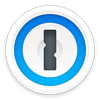
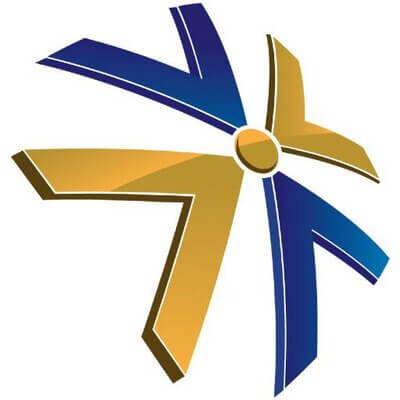




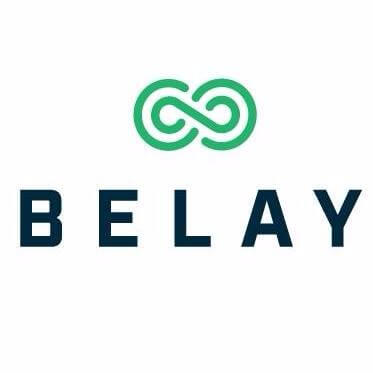

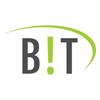
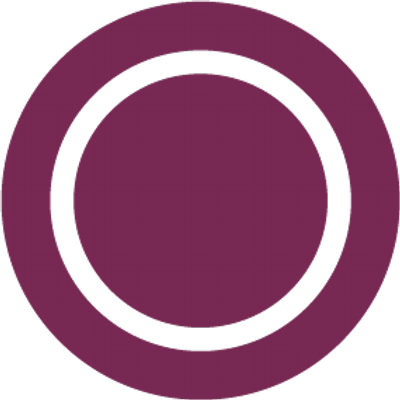


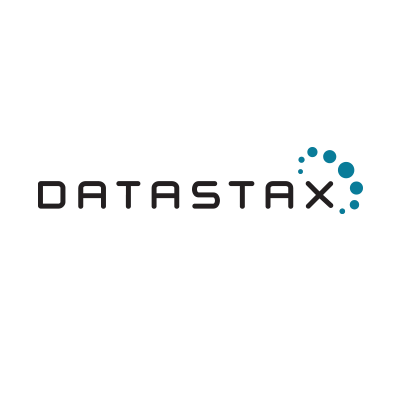

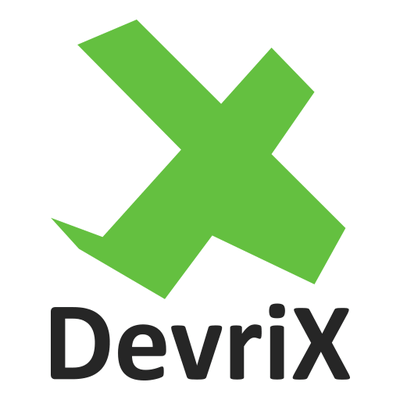
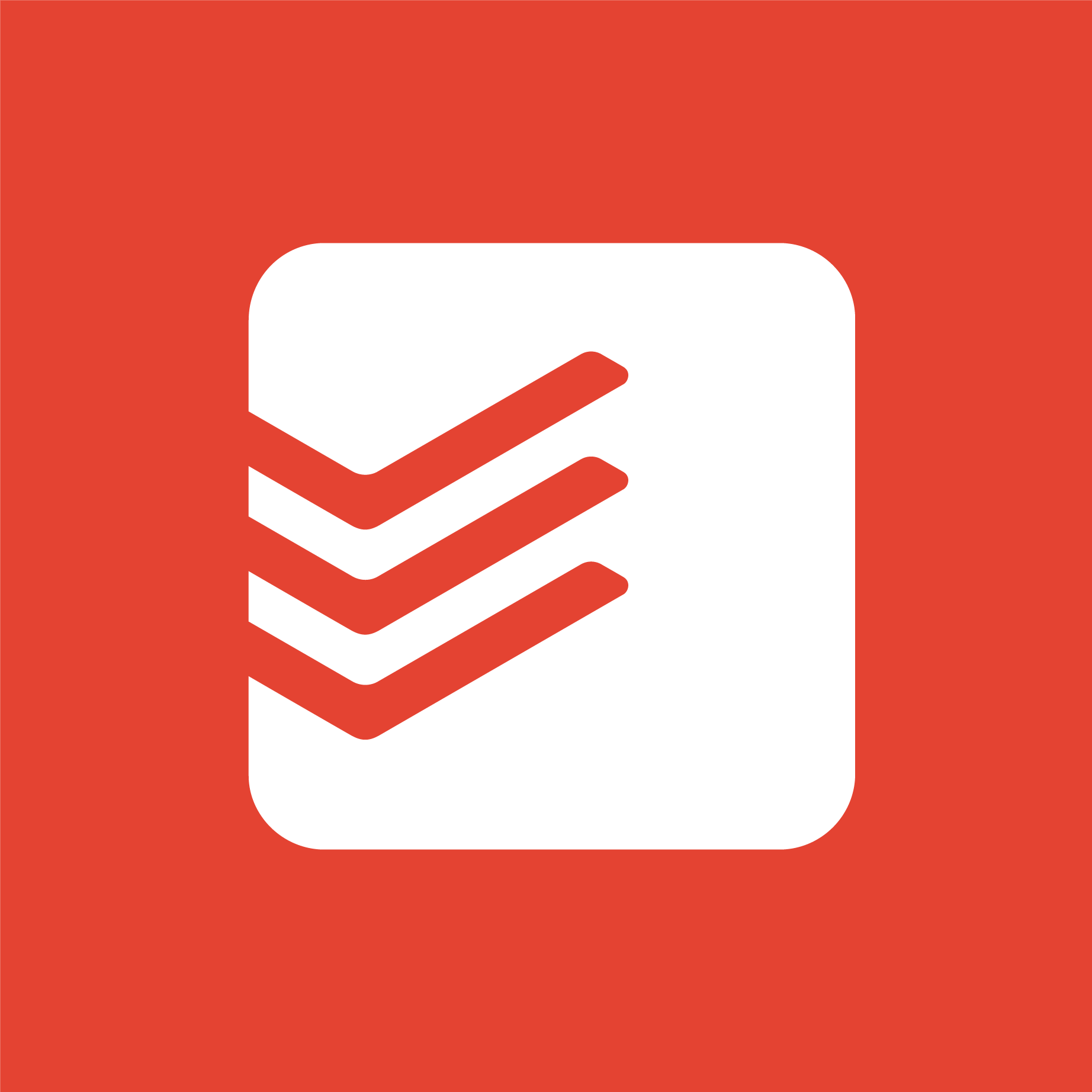
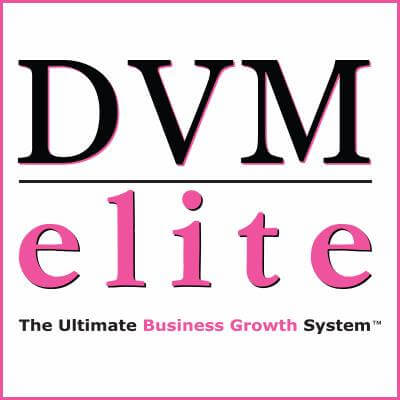
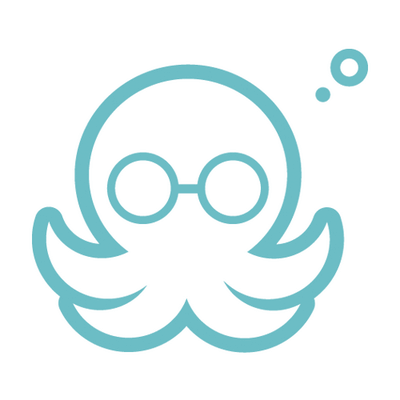

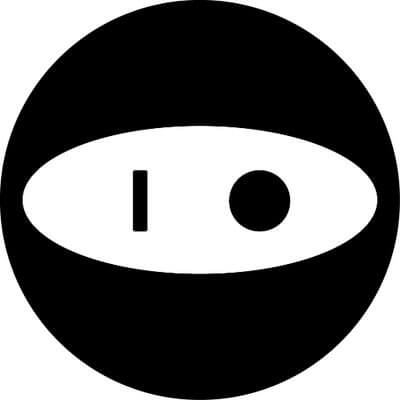


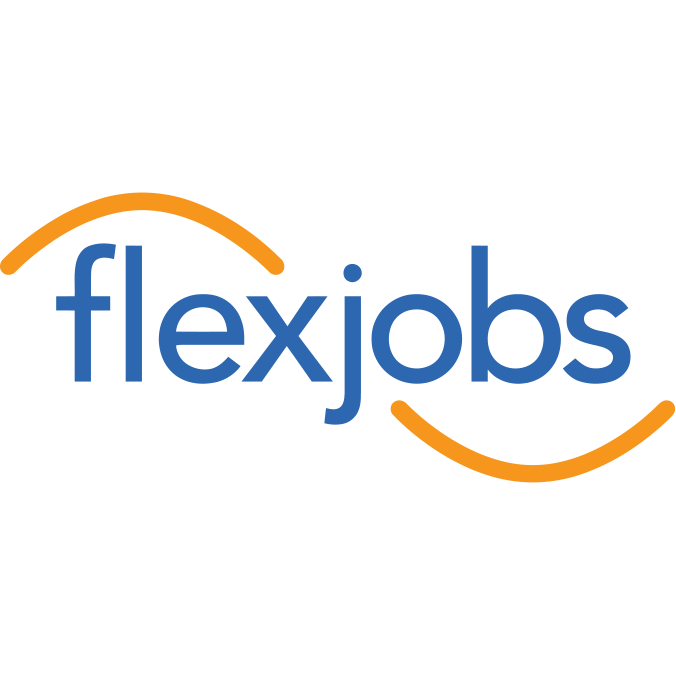


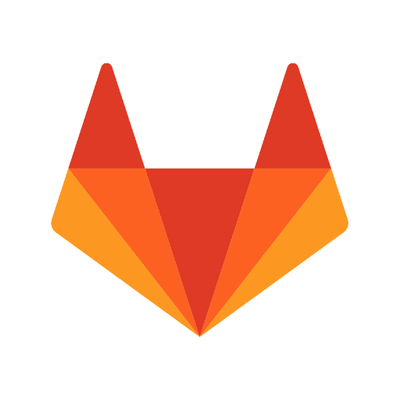




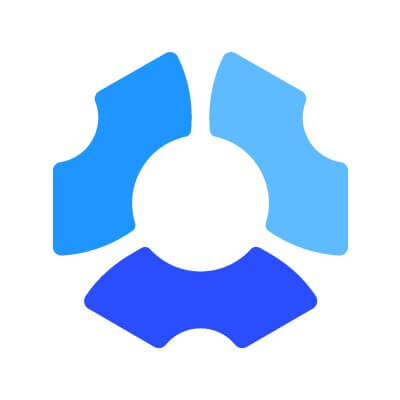
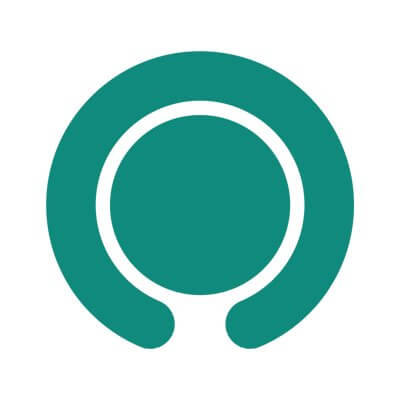


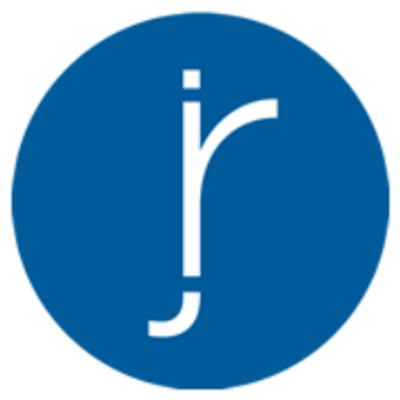


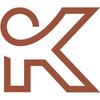


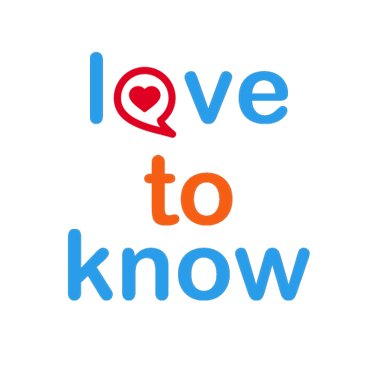
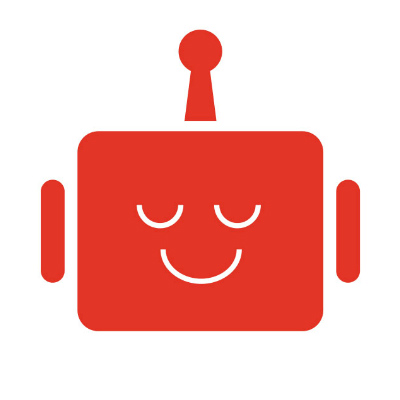


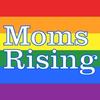
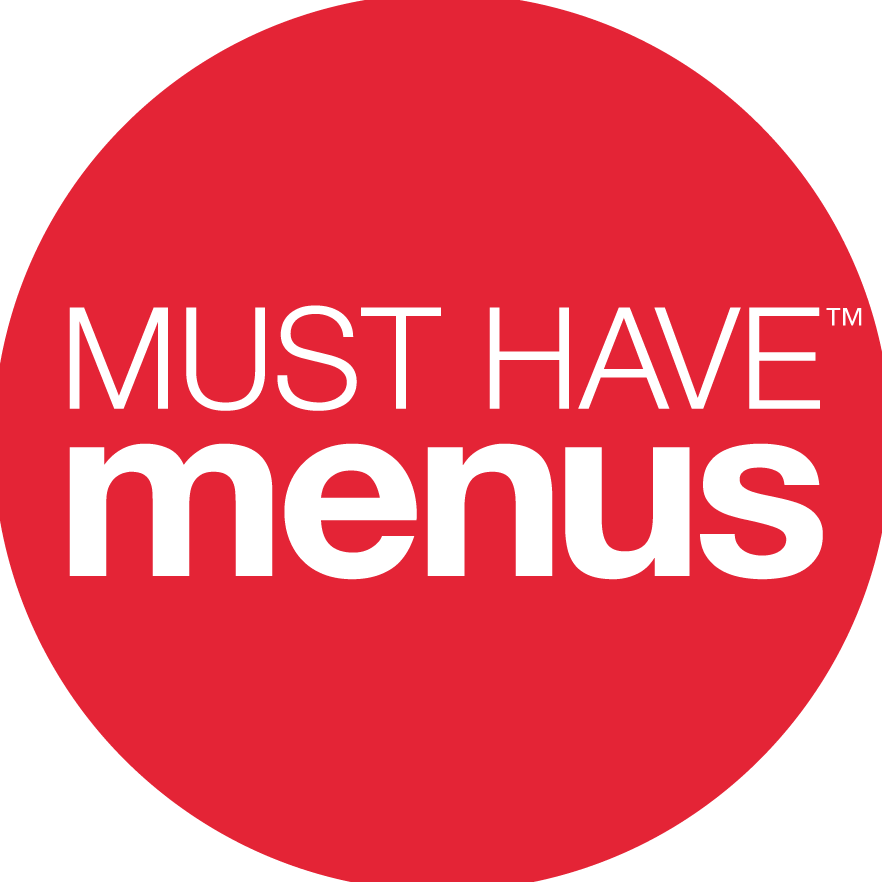
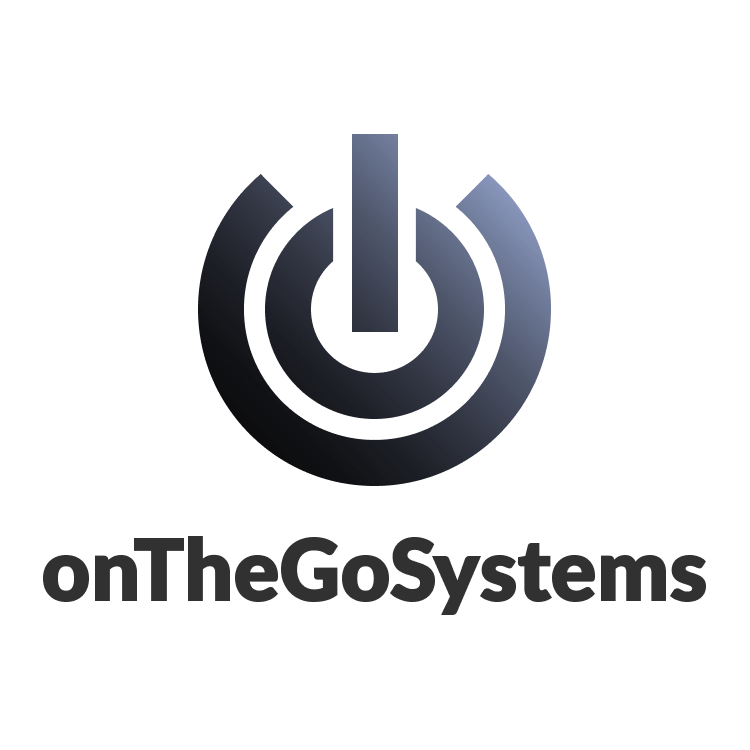



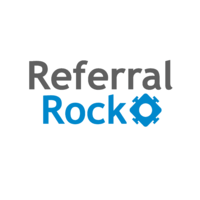
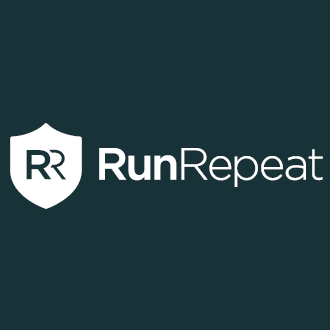

![/Simple [A]](https://remote.co/wp-content/uploads/2018/02/Logo_Eggplant.png?w=100)
